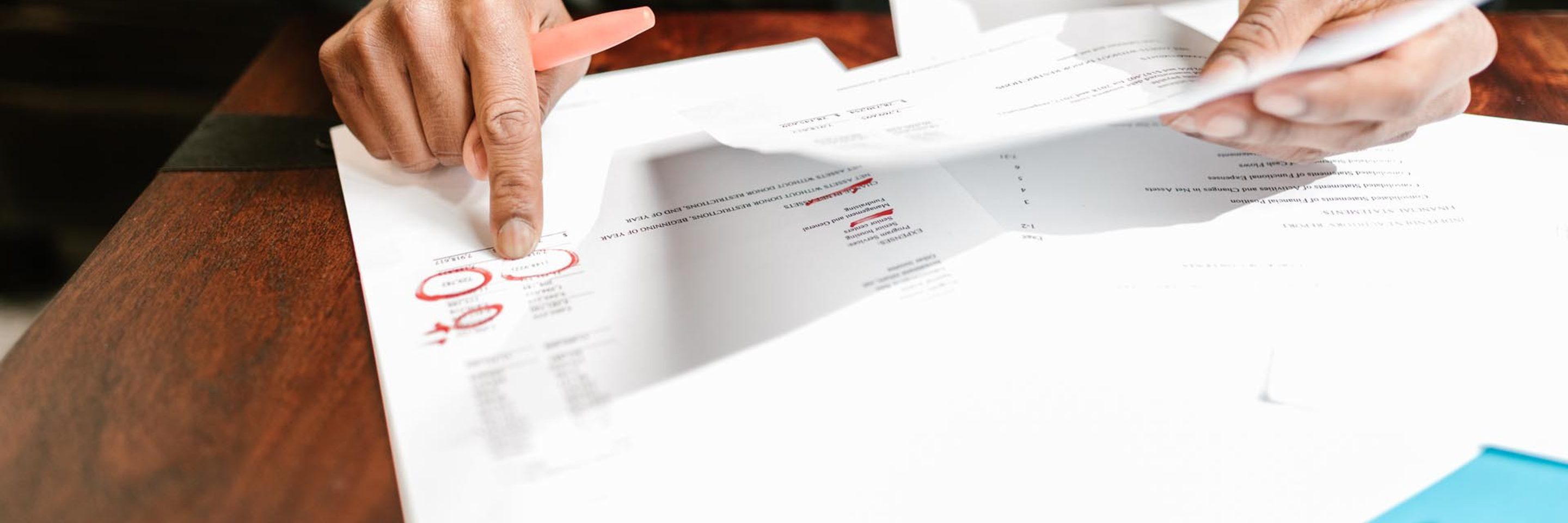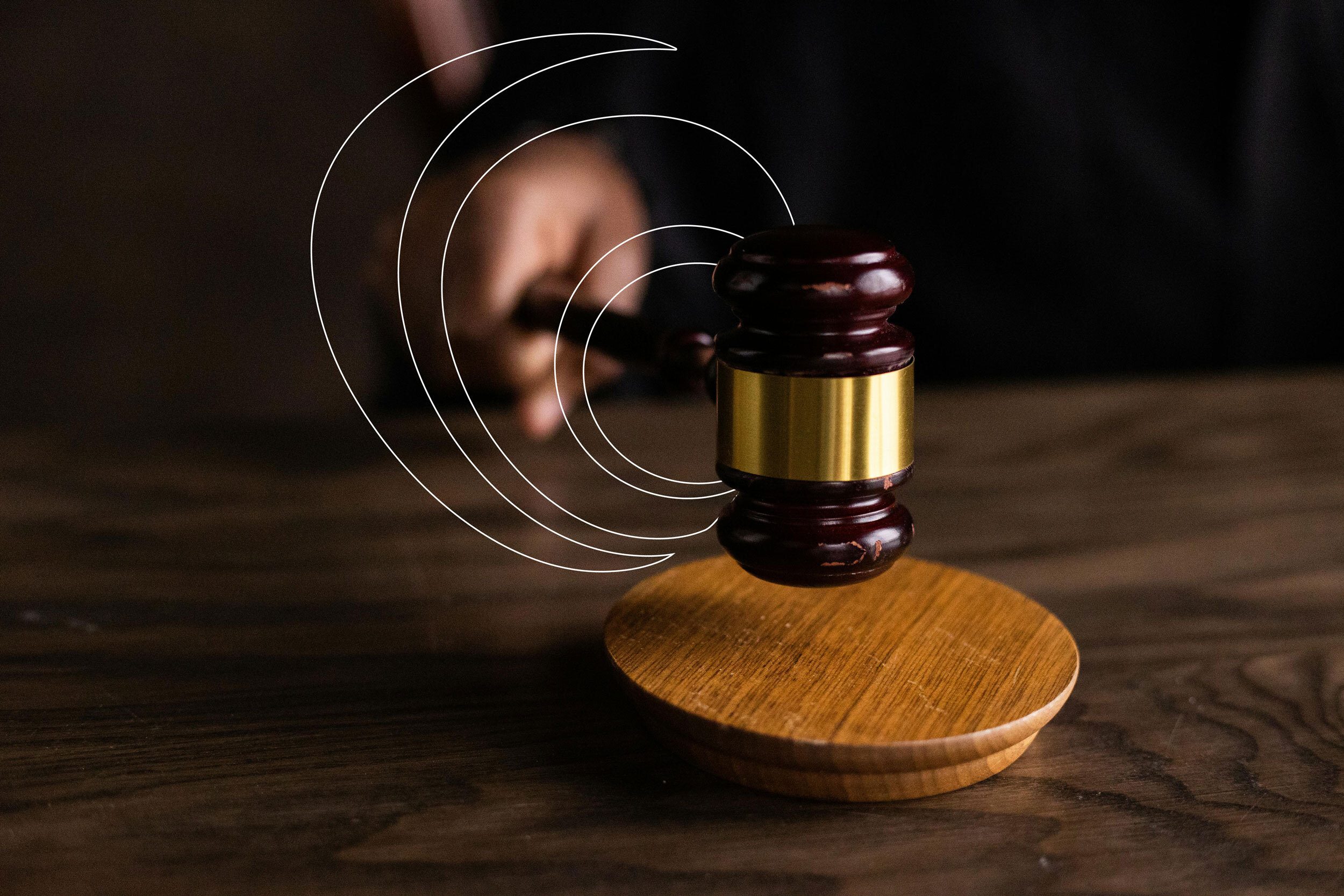
This article could be of your interest, if you are involved in arbitration in Denmark, or if you are considering arbitration as a resolution method for any disputes that may arise in future commercial relationships with a Danish party
Arbitration has a large and long-standing tradition in Denmark. The ordinary Danish Courts are usually obligated to cooperate with Danish Arbitral Tribunals, and assist them with obtaining evidence, posing preliminary questions to the European Court of Justice, etc. Moreover, arbitration agreements and arbitral awards are generally upheld by the Danish Courts under the New York Convention. Only in a few cases, when the arbitration agreement is not valid, or the arbitral award has been set aside, the Danish Courts will refuse to recognize the arbitral award.
What you should know:
- Both contracting parties should agree on arbitration to resolve a dispute.
- Arbitration agreements do not need to be in writing in Denmark; however, written form is recommendable for evidence purposes.
- The arbitral tribunals decide on their own costs and the cost awarded to the parties.
- If a party has agreed to arbitration, but then remains passive during the arbitration process, it may risk that the arbitral tribunal resolves the dispute based on the other party’s arguments and evidence.
- Final arbitral awards are not appealable and they are binding on the parties.
- Any of the parties can seek enforcement of a valid final arbitral award in front of the Danish Courts, normally 14 days after the issuance of the award.
- Danish Courts will recognize and enforce domestic and foreign arbitral awards, regardless of their country of origin.
- Recognition and enforcement of arbitral awards by the Danish Courts may trigger court fees, the amount of which will depend on the case’s value.
How is recognition and enforcement of arbitral awards in Denmark?
In general, it is possible to recognize and enforce domestic and foreign arbitral awards in Denmark regardless of their country of origin.
Denmark has acceded to the New York Convention on the Recognition and Enforcement of foreign arbitral awards, the European Convention on International Commercial arbitration, and the UNCITRAL Model Law, the latter allowing for the recognition and enforcement of foreign and domestic arbitral awards. Moreover, in 2005 Denmark enacted its new Danish Arbitration Act, granting recognition and enforcement of foreign and domestic arbitral awards, regardless whether the case is related to private or commercial matters.
Recognition and enforcement of arbitral awards may only be refused by the Danish courts under certain very specific circumstances. Examples of such extraordinary circumstances could be; if the arbitration agreement is proved invalid, if the principle of “due process” has been violated, if the arbitral tribunal has exceeded its authority and assessed matters beyond the arbitral agreement scope. In such cases, the arbitral award will not be recognized and enforced.
Any of the parties may request a Danish court to enforce an arbitral award 14 days after the award has been issued. For this purpose, the party seeking recognition and enforcement of the award shall provide the Court with the original (or certified copy of) arbitral award, and the arbitration agreement, if the agreement is in writing. Moreover, the enforcing party should pay the fees requested by the Court. Those fees are calculated based on the case’s value.
How is arbitration conducted in Denmark?
In order for a matter to be resolved through arbitration, it is a requirement that both parties agree or have agreed to arbitration. Under Danish law, it is not necessary that the parties sign a written arbitration agreement, as verbal agreements are also valid. However, written form will be recommended for evidence purposes.
By agreement, parties can decide which type of arbitration they would prefer (ad hoc vs. institutional arbitration procedure), by appointing arbitrators or appointing the relevant arbitration institution and the applicable law.
For the parties that have chosen ad hoc arbitration rather than choosing an institution to conduct the arbitration, the Danish Arbitration Act will apply with its gap-filling rules.
If the parties have decided on an institution, for example, the Danish Institute of Arbitration, arbitration will be conducted following the procedural rules of said institution. Such procedural rules would typically contain more detailed rules than those set out in the Danish Arbitration Act. Therefore, the parties usually prefer institutional arbitration to ensure that the framework for the resolution of disputes is in place.
The parties are also free to determine the number of arbitrators. Otherwise, if not specified by the parties, the number of arbitrators should be three, where each party will appoint one arbitrator and the two appointed arbitrators will choose the third arbitrator. If there are issues in appointing the three arbitrators, any party can request the ordinary Danish courts to appoint the arbitrator/arbitrators that have not been appointed.
The arbitration will be initiated when the claimant submits a written request for arbitration to the respondent and the agreed arbitration institute, if any. There is no limitation period after which the possibility of arbitration expires. The only time limitation is related to the alleged claim itself. In Denmark, claims would typically be time-barred after 3-10 years, depending on the type of claim.
Similar to a case handled by the ordinary court system, the claimant should submit a statement of claim, including facts and legal arguments, and reference to any evidence and documentation.
The respondent / defendant will submit its statement of defence, containing its response to claimant’s claim, any counter-claim, as well as a statement of facts, legal arguments and reference to evidence on which they intends to rely.
If any of the parties fails to communicate its statement to the other party, the arbitral tribunal can terminate the arbitration, or decide in one party’s favour.
When arbitration takes place in Denmark, and the general procedural rules of the Danish Arbitration Act apply, parties are free to conduct arbitration by oral hearings or base the proceedings on provision of documents and other sources of proof.
The parties should provide evidence to the arbitral tribunal. Generally, both written evidence and witness statements are admissible. However, it will be on the arbitral tribunal to finally decide what evidence is admissible and how particular evidence should be evaluated.
Arbitral tribunals rarely act on their own motion to obtain evidence, but sometimes they appoint an independent expert witness to provide a statement and give evidence on relevant matters, or even request the ordinary courts to assist in obtaining evidence.
Court intervention during arbitration proceedings is limited. Court functions are, for example, limited to decree interim measures of protection and enforcement, review of decisions regarding termination of an arbitrator’s mandate, review preliminary questions, assistance in taking evidence, refer questions on interpretation of EU law to the Court of Justice of the European Union, etc. Therefore, the arbitral tribunal rules on its own motions and the general courts may dismiss any claim falling within the scope of a valid arbitration agreement.
Arbitration will be concluded when the final award is made. The award shall be in writing and signed by the arbitrator or the arbitral tribunal. It shall contain the date and place of arbitration, reasons upon which the decision is based, and fees and expenses accumulated during arbitration (the parties are normally jointly and severally liable for such costs).
Any of the parties may request the arbitral tribunal to correct any errors in the award within 30 days after receipt of the award. Moreover, any party can challenge the final arbitral award within 3 months from its issuance, if it believes there are grounds to set aside the award.
The final arbitral award will be binding on the parties and not appealable to a higher instance.
Other reasons for terminating arbitration can be; when the claimant does not submit a statement of claim, the parties settle the dispute, the parties did not provide the security/collateral for fees and expenses, the claimant withdraws the claim, both parties decide to terminate the proceedings, or when the arbitral tribunal deems it impossible to continue the arbitration.
What are the effects of the arbitral award?
The final arbitral award will be binding on the parties and is not appealable to a higher instance. Therefore, when arbitration is concluded and the final award has been made, it is not possible for the parties to bring the award before the ordinary Courts. The ordinary courts will have to respect the arbitral award and cannot hear and decide on the same matter. Nevertheless, any party can request the Courts to set aside the final arbitral award, if there are substantial grounds – other than simple disagreement – for invalidating the final award.
The relevant Danish Court can enforce the arbitral award and any decision on costs incurred by the arbitral tribunal.
Any of the parties can seek recognition and enforcement of the final arbitral award by the Danish Courts, usually within 14 days after the award was issued. If the Danish Court has jurisdiction to enforce the award, and there are no reasons for setting it aside, the Court will enforce the arbitral award in Denmark, following the Danish Administration of Justice Act (“Retsplejelov”).
Would you like to hear more about arbitration in Denmark? Contact Nicholas Ørum Keller, Baker Tilly Legal

If you need our experience in litigation in Denmark to help you to make the optimal choices for your business in case of a dispute or court case.





